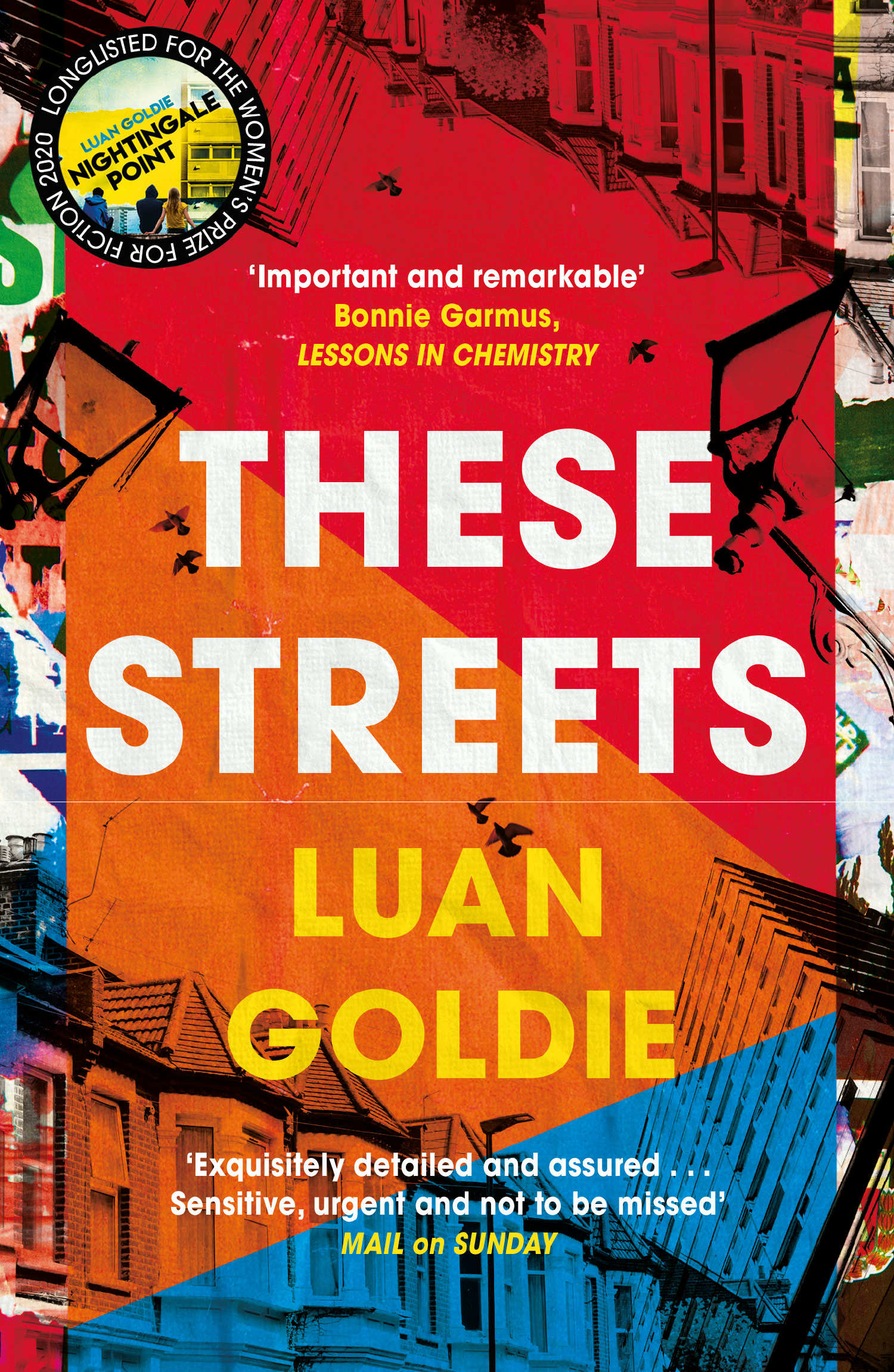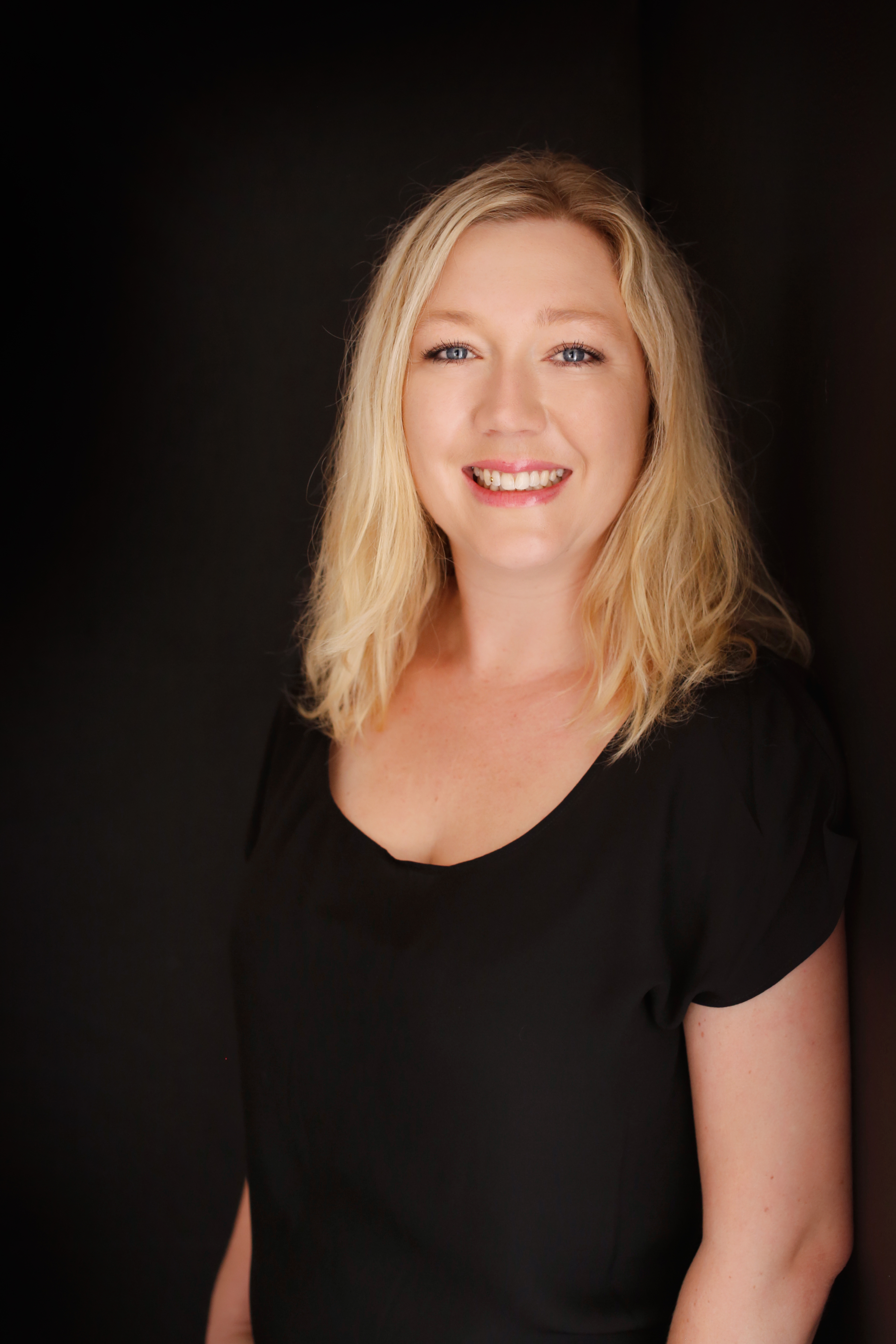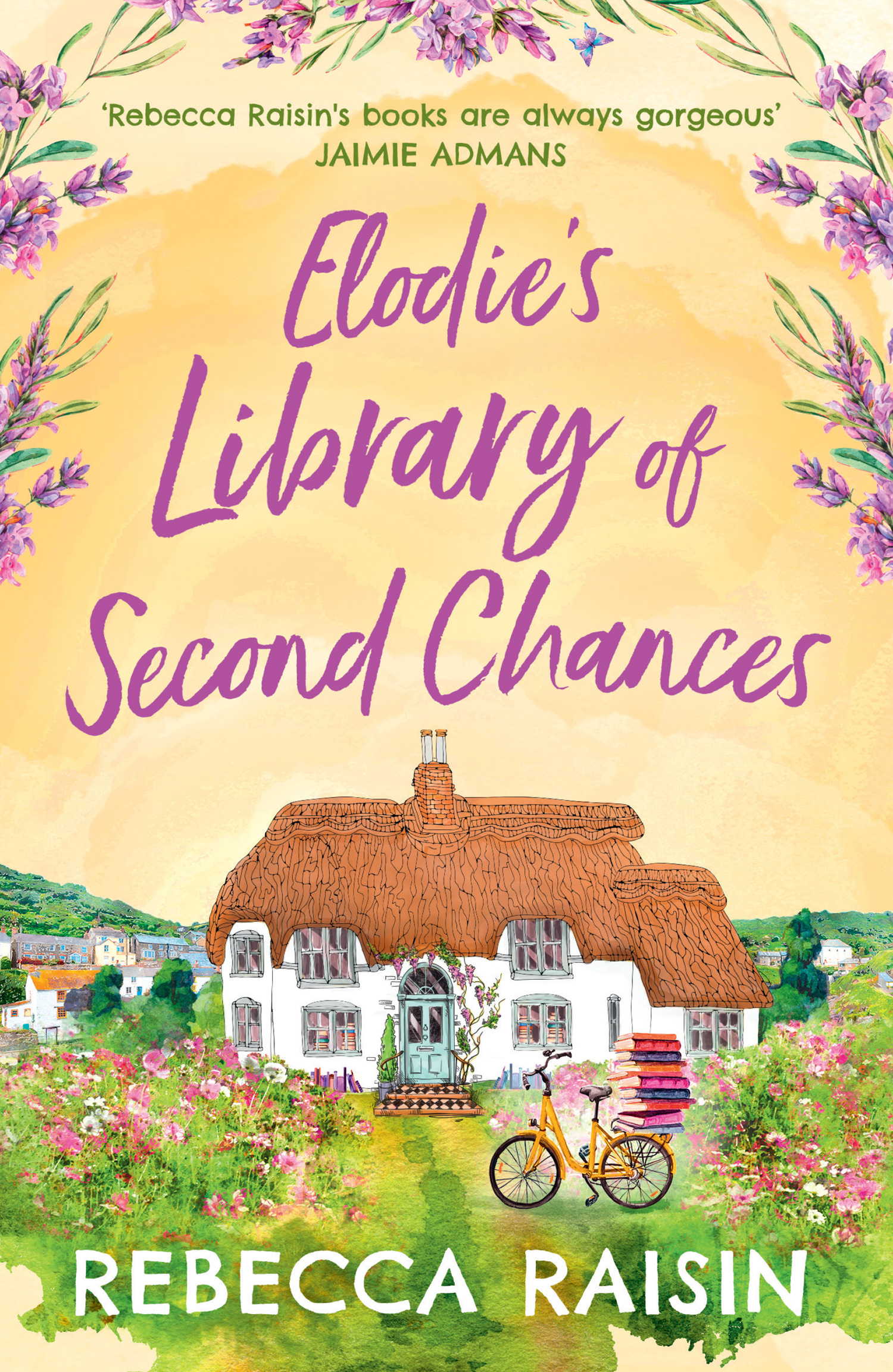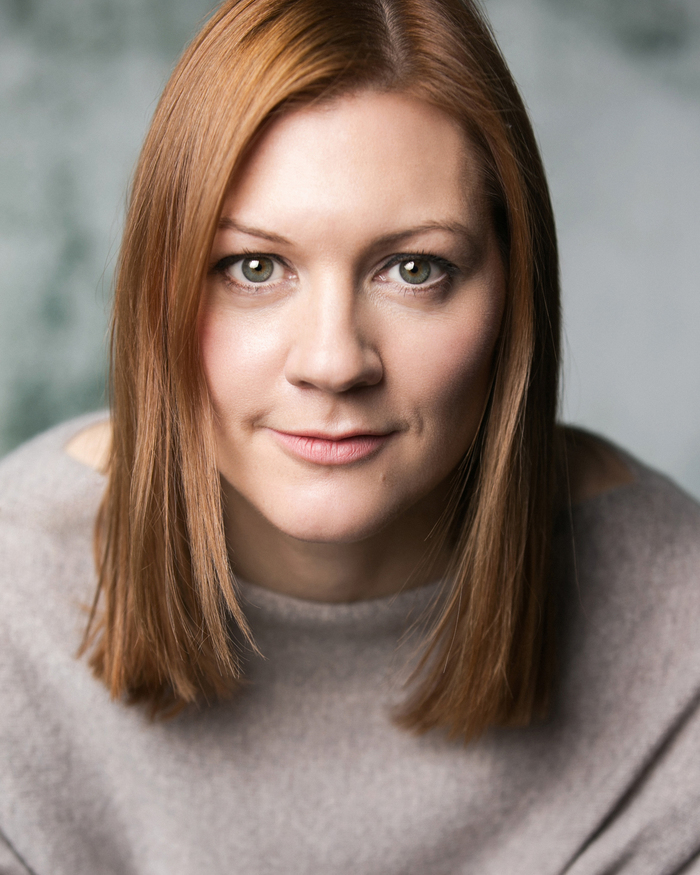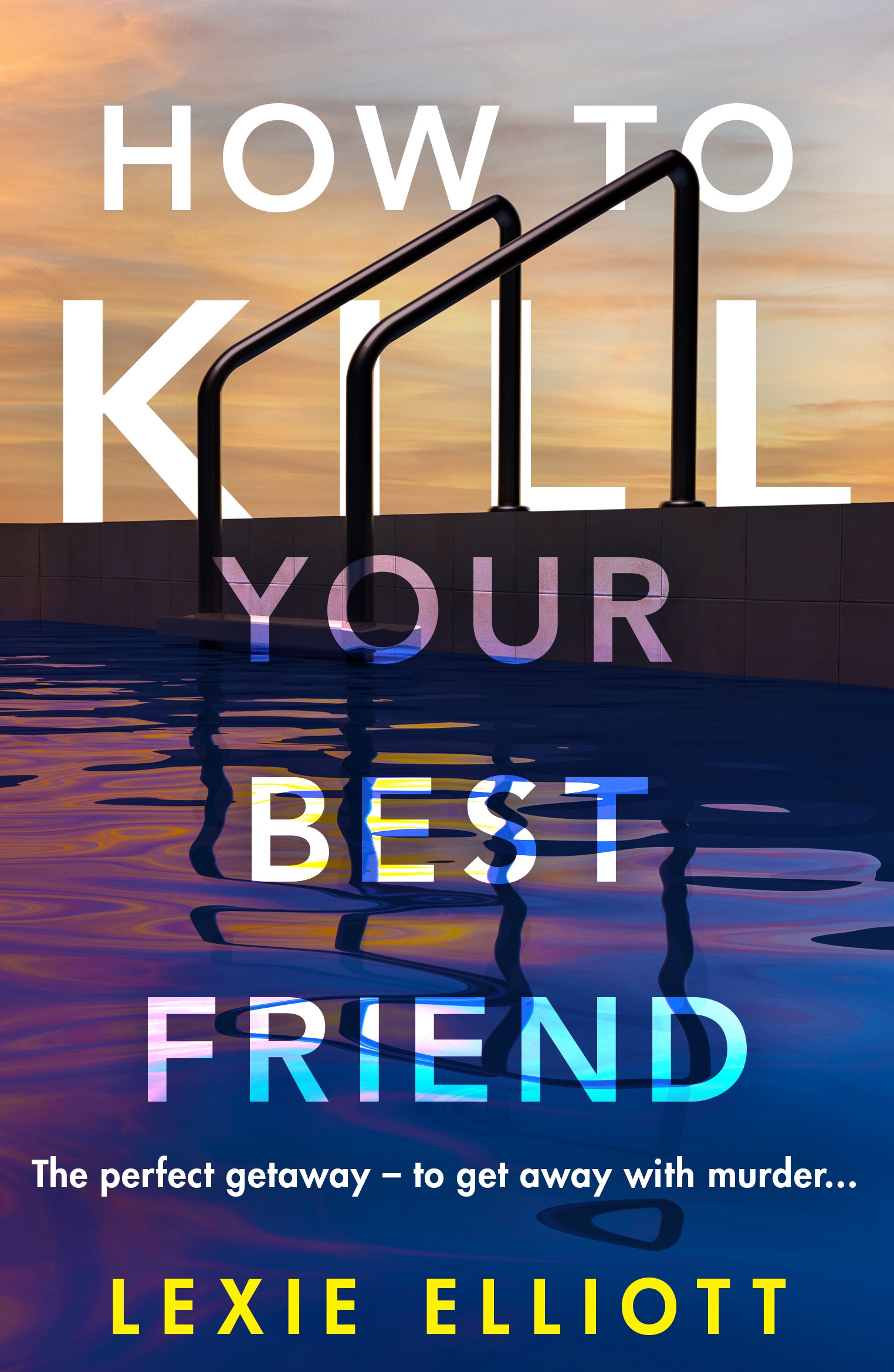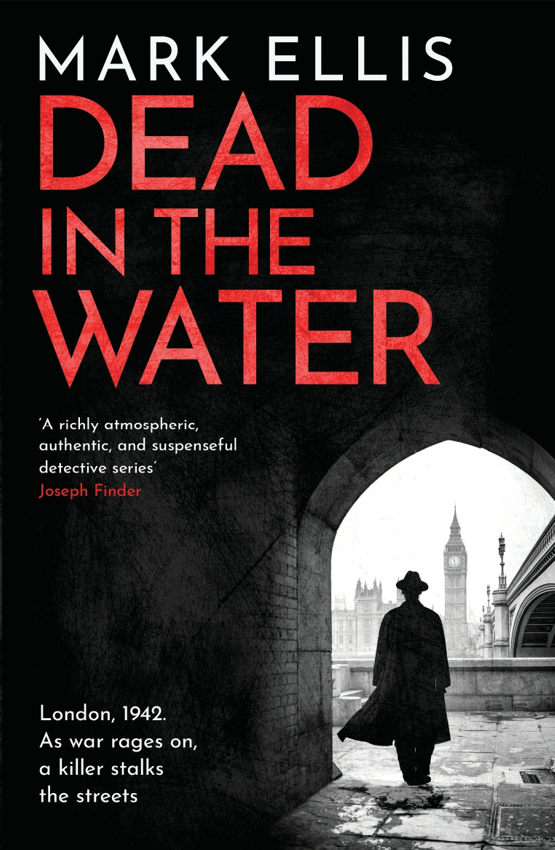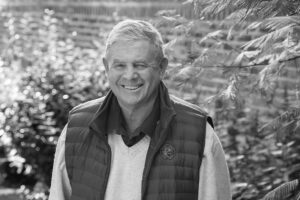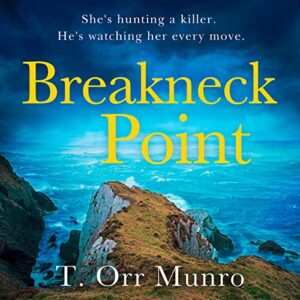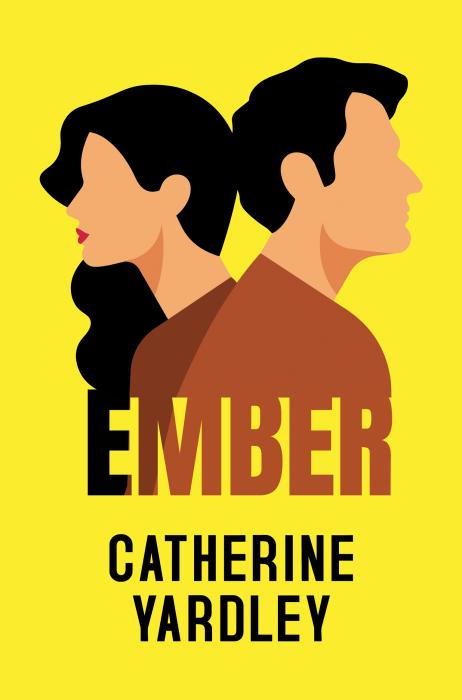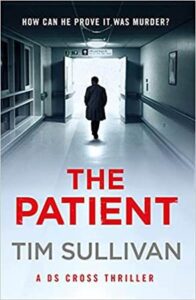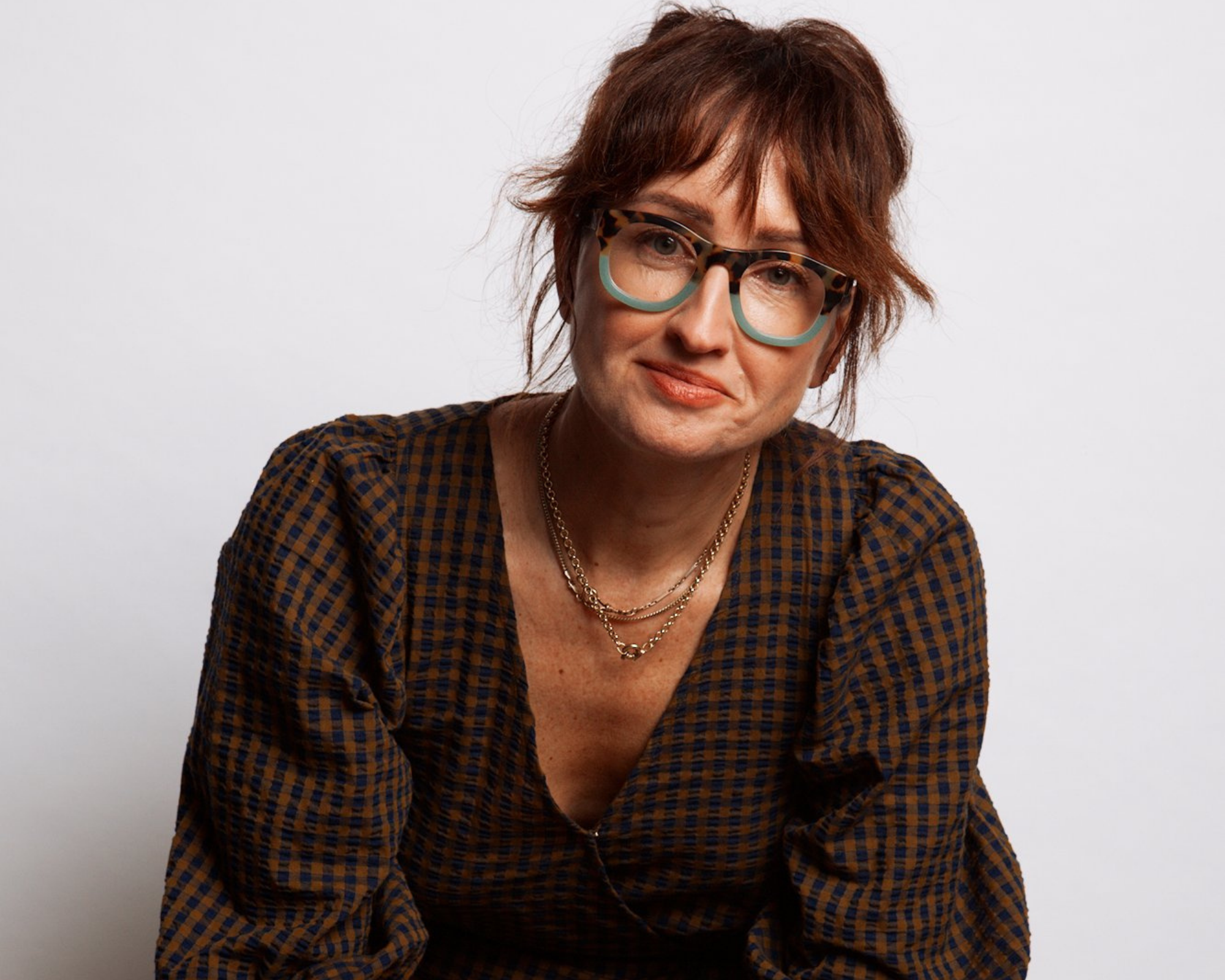 I remember when my mother called me, because the weather had been mild and the air smelled of the coming Spring. It was 2015, and we were living in the UK, so the 5 hour time difference meant that it was already late in New York when I heard her voice on the phone. Her tone was tender, and not a little bit numb and distant, and I would soon understand why: a family secret.
I remember when my mother called me, because the weather had been mild and the air smelled of the coming Spring. It was 2015, and we were living in the UK, so the 5 hour time difference meant that it was already late in New York when I heard her voice on the phone. Her tone was tender, and not a little bit numb and distant, and I would soon understand why: a family secret.
I had grown up in a relatively standard Ukrainian family: I was raised within the language, the traditions, and as I was an only child, my parents would make sure Ukrainian was the world that I knew and flourished within. We lived with my maternal grandmother, Yulia, and whilst her stories of wartime Ukraine were harrowing, nothing was ever out of the ordinary.
And then, we all learned something about her past that seemed more like a movie script than anything we’d ever imagined in real life. For me, my status as an only child, and a writer, meant that it was up to me to write the story down, for the family, for myself, and for my children to know our family story in detail. But could I do it justice? The impostor syndrome was very real, as most writers can attest to on their best days.
The first thing that I learned about writing a book is that the first few drafts are always the story, not the ‘book’; chronological, sometimes painful, but always the purest form. Once I started researching Ukraine, World War II, passenger lists on post-war ships heading to Australia, and New York in the 1960s… the book started coming to life. I’ll admit it felt like it took a solid two years to finish the first few drafts because at the time, my three children were all under eight years old, and my husband was travelling for work constantly, so I had very little time to write apart from very early in the morning or very late at night. It wasn’t easy, but I knew in my bones that this story was an important one to memorialize, because if I didn’t, it would disappear with the passage of time, like so many other family stories.
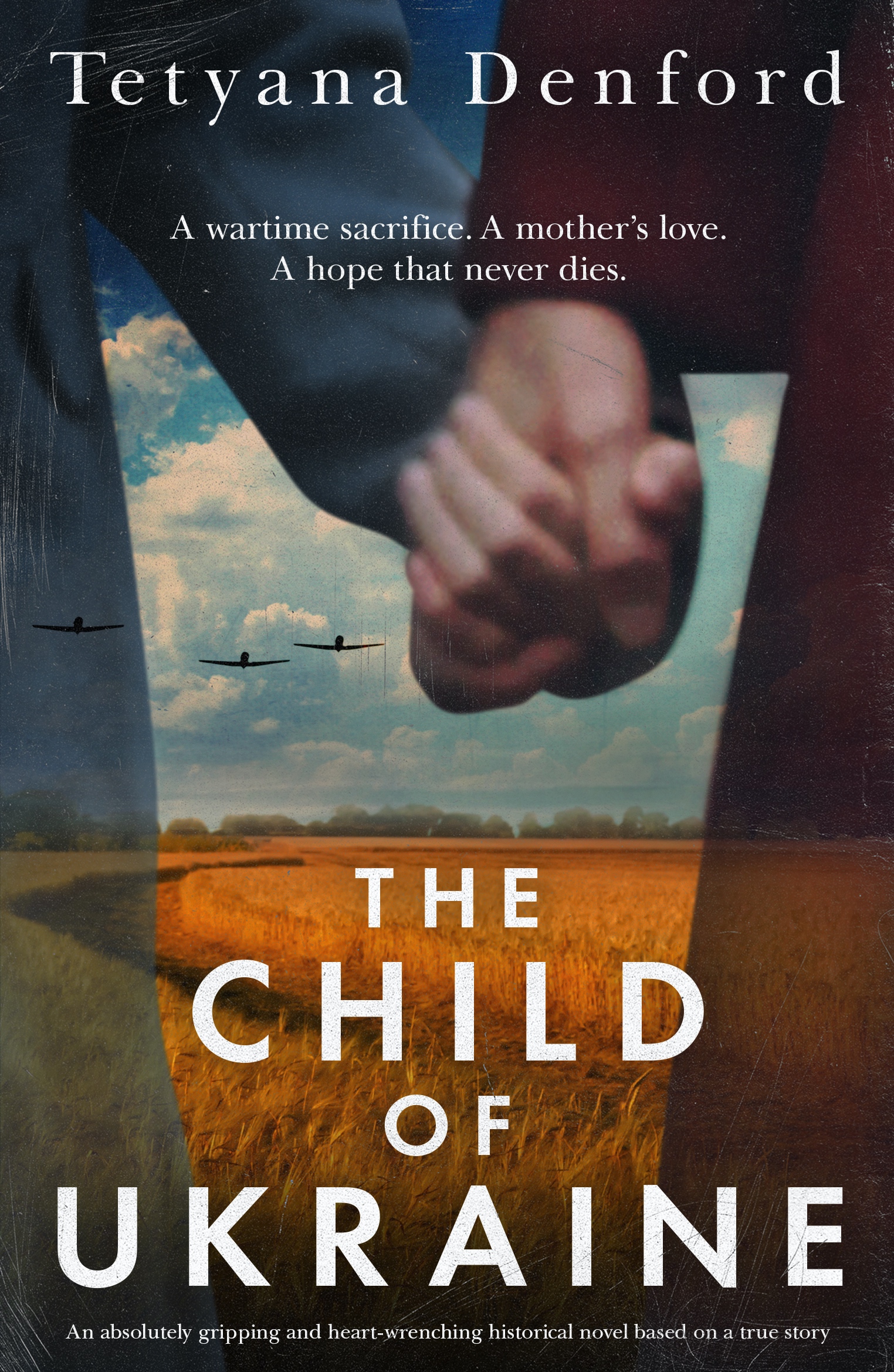
My grandmother was still alive and still had a semblance of memories stitching her life together in her mind whilst I was writing this, so old photographs and conversations were priceless for me to be able to place myself in her mindset when she was living through all of these painful periods in her life, and what fascinates me now, looking back, is that the current newsreel detailing the war in Ukraine runs in stark parallel to what she and generations of her family had lived through and fought against in the early 1900s and all through the second world war. And we are reminded now that history has a long pattern of repeating itself, because no one seems to remember how hard people fought for their sovereignty.
And now, now I feel proud of knowing that as a younger generation Ukrainian, I have written a story, a whole book, of what people are discovering about Ukraine and its people: their pride, their loyalty to the country that made them, their generosity in standing up for any people who are marginalized and forgotten, their fierce love for their family and friends, and their stubborn refusal to ever back down in their music, their art, their willingness to hope.
I am not an anomaly: there are so many Ukrainian writers and authors and translators who are now taking up the fight and using their voices as a war effort, when they are living all across the world worrying about their friends and their families in danger. We are the future, our stories begin with emotional phone calls, our writings are stitched together with anger and hope, and our platforms are flooded with calls to action from not only Ukrainians but anyone who chooses to stand on the right side of humanity and amplify the stories that make us who we are.
Our words are the weapons we choose to affect the hearts and minds of the entire world, not just to support Ukraine but to remember that all of our family stories are the threads that bind us and remind us to wish for a better future.
Author Bio
Tetyana Denford grew up in a small town in New York, and is a Ukrainian-American author, translator, and freelance writer. She grew up with her Ukrainian heritage at the forefront of her childhood, and it led to her being fascinated with how storytellers in various cultures passed down their lives to future generations; life stories are where we learn about ourselves, each other, and are the things that matter most, in a world where things move so quickly.
Her debut novel, Motherland was self-published in March 2020 to critical success and longlisted for The Readers Digest Self Published Book Awards. It was based on an incredible family secret that was revealed by her maternal grandmother, Julia, only recently, and has been described by people as ‘haunting’, ‘powerful and devastating’, and ‘a fragile and hopeful story of an immigrant family’. In March 2022, Tetyana signed a 2-book deal with Bookcouture, an imprint of Hachette, and Motherland will be re-released in July 2022 with a new title and cover.
She also works with Frontline News as a translator, has been featured in The New York Times, The Telegraph, The Flock Magazine and Mother Tongue Magazine, and speaks several languages. She also hosts a YouTube show called ‘The Craft and Business of Books’ that helps writers understand both the creative side and the business side of the book world. Her series of ‘conversation books’, collections of poetry and prose about Grief, Motherhood, and Love, were published in 2021.
Tetyana currently lives in New York with her husband and three children.
About the Book
Ukraine, 1940. She cups her daughter’s face with her trembling hands, imprinting it on her mind. ‘I love you. Be brave, ’she whispers through her tears, her heart breaking into a thousand pieces. Sending her child away is the only way to keep her safe. But will she ever see her again?
When war rips their country apart, Julia is sent away by her tearful parents in the dead of night, clutching her mother’s necklace and longing for one last embrace. But soon she is captured by Nazi soldiers and forced into a German labour camp, where behind a tall fence topped with cruel barbed wire, she has never felt more alone.
Just as she begins to give up on all hope, Julia meets Henry, a young man from her village who shares her heart full of dreams. And when she feels a fluttering in her belly that grows and grows, she longs to escape the camp and begin a new life with their child. But then Julia is forced to make a terrible choice. A choice no mother should have to make.
New York, 2011. With her heart shattered and her life changed forever by the shadows of war, as the years go by Julia thinks she will never be whole again. For decades she has been carrying a terrible secret with her, her every moment tainted by tragedy and loss since those dark days of the war.
But when she receives a phone call in the middle of the night, far away from the home and family she lost in the war, will Julia finally be reunited with the missing piece of her heart? Or is it too late for her wounds to heal?
Based on the incredible true story of the author’s grandparents, The Child of Ukraine is a breathtakingly powerful tale of love, loss and family secrets, perfect for fans of The Four Winds, The Last Green Valley, and The Nightingale.
This novel was previously published under the name Motherland.

